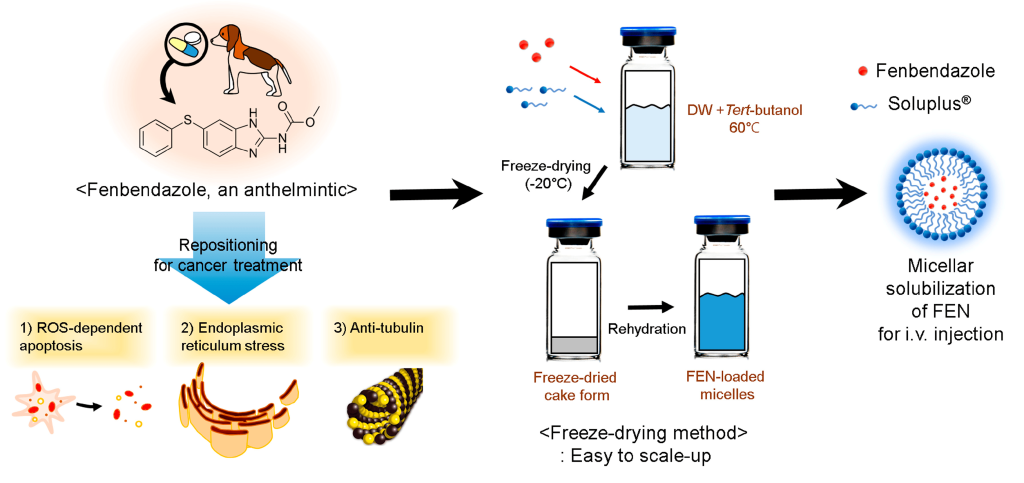
Understanding the Joe Tippens Protocol
The joe tippens protocol has garnered attention as a potential treatment approach for cancer, largely due to the remarkable story of Joe Tippens himself. After being diagnosed with terminal cancer, Tippens began to explore various treatment options, ultimately coming across the benefits of fenbendazole, a deworming medication primarily used in veterinary medicine. His anecdotal success in fighting cancer using this protocol has led many to investigate the scientific basis behind it. The protocol combines the use of fenbendazole with other dietary and lifestyle modifications, making it an interesting case for those looking for alternative or complementary cancer treatments. While much of the current information stems from personal accounts, the growing interest warrants a deeper exploration of the protocol’s components and the science behind them.
The Key Components of the Protocol
At the core of the Joe Tippens Protocol is fenbendazole, which has shown potential anti-cancer properties in laboratory studies. Fenbendazole belongs to the benzimidazole class of drugs, known for their ability to inhibit microtubule polymerization, a process crucial for cell division. This mechanism can potentially hinder the proliferation of cancer cells, although more research is needed to establish its effectiveness in humans. Alongside fenbendazole, the protocol recommends dietary changes, such as adopting a ketogenic diet, which is low in carbohydrates and high in fats. The idea is that cancer cells thrive on glucose, so reducing carbohydrate intake may help starve these cells. Other suggestions include regular exercise, hydration, and a focus on overall wellness, emphasizing the importance of a holistic approach to health. These lifestyle modifications not only aim to support the efficacy of fenbendazole but also promote general well-being during treatment.
The Scientific Community’s Perspective
While the personal testimonials surrounding the Joe Tippens Protocol are compelling, the scientific community remains cautious. The primary concern is that much of the evidence supporting the protocol is anecdotal, lacking rigorous clinical trials that validate its efficacy and safety. Fenbendazole has been studied in vitro and in animal models, showing promise, but translating these findings to human patients is complex and requires extensive research. Furthermore, the protocol’s reliance on alternative treatment raises ethical considerations; patients may forego conventional therapies that have established efficacy in favor of unproven methods. Healthcare professionals often stress the importance of an integrated approach, combining conventional treatment with complementary therapies that are backed by scientific evidence. Therefore, while the Joe Tippens Protocol may offer hope, it is essential for individuals to consult healthcare providers before making any significant changes to their treatment regimen.
Personal Experiences and Community Support
The Joe Tippens Protocol has sparked a growing online community where individuals share their experiences and findings. Social media platforms and cancer support forums have become avenues for discussion and information sharing, providing a space for patients to explore alternative therapies. These communities often offer emotional support, encouragement, and a sense of camaraderie among those facing similar battles. Many participants in these discussions emphasize the importance of maintaining a positive mindset, as mental well-being can significantly impact physical health. However, potential risks exist, such as the spread of misinformation or unverified claims about the protocol’s effectiveness. Therefore, while community support can be invaluable, individuals must approach these discussions with a critical mind, seeking out credible sources and evidence-based information to guide their health decisions. Ultimately, the journey through cancer treatment is deeply personal, and the stories shared within these communities highlight the resilience and determination of those seeking a path to healing.